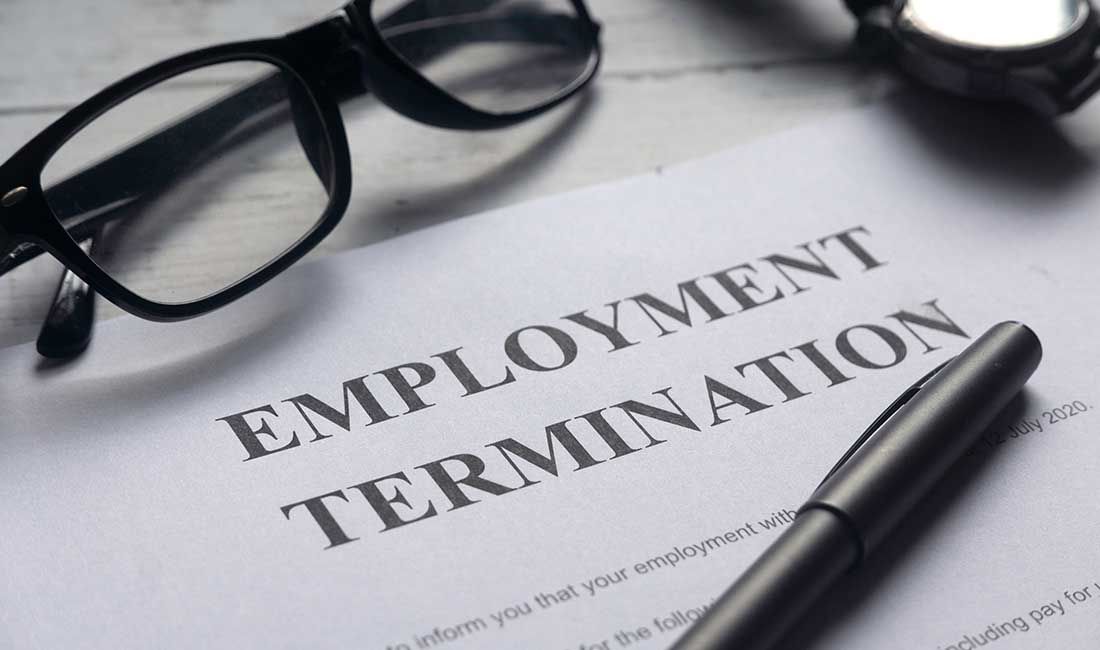ECJ Considers Holiday Carry-Over

| W.E.U Admin | Workplace Wellbeing
TAGS: ECJ
By Stephen Simpson

A worker’s annual leave can be carried over into the following holiday year if sickness absence prevents holiday from being taken. But what if a worker is prevented from taking leave for other reasons beyond their control?
A European Court of Justice (ECJ) case heard on 29 March has the potential to extend when employers must allow workers to carry over holiday.
In Sash Window Workshop Ltd and another v King, Mr King was a commission-only salesperson who worked for the window company for 13 years, purportedly on a self-employed basis.
His annual leave was unpaid. Some years he took his full entitlement; other years he did not request all of it so as not to forgo his commission.
When his engagement ended, Mr King brought an employment tribunal claim for unlawful deductions from wages for holiday not taken. The tribunal found he was, in fact, a worker—not self-employed—and held that a worker who is unable to exercise the right to take annual leave is entitled to carry that leave forward into the next leave year, even without having made a formal request.
Holiday Carry-Over: Case Law
- Stringer and others v HM Revenue and Customs
- NHS Leeds v Larner
- Sood Enterprises Ltd v Healy
- Plumb v Duncan Print Group Ltd
The Employment Appeal Tribunal (EAT) agreed that, in principle, sick leave may not be the only circumstance preventing a worker from taking annual leave, thus entitling them to carry it over. However, the EAT remitted the case to the tribunal to determine whether Mr King was truly “unable,” for reasons beyond his control, to take his annual leave.
That decision was appealed to the Court of Appeal, which referred the case to the ECJ. The hearing took place in Luxembourg on 29 March.
Case Law After Brexit
As expected, the European Commission’s submissions generally supported Mr King’s position, while the UK Government sided with the employer. Importantly, the Commission emphasised that the Working Time Directive is a health and safety measure, placing the burden of compliance squarely on employers.
It was also highlighted that a payment in lieu on termination is essential to ensure the Directive’s effectiveness; otherwise, employers might be incentivised to prevent paid leave.
The Advocate General’s non-binding opinion was scheduled for 8 June. No date has yet been set for the ECJ’s final, binding decision, which could prove to be the highest-profile employment ruling ahead of Brexit.
Related Articles
- Annual Leave Rights During Sickness
- Holiday Pay for Zero Hours Workers
Previous Post: Workers of England Unite
Next Post: Local Jobs for Local People
workersofengland.co.uk | Independent Workers Trade Union

















